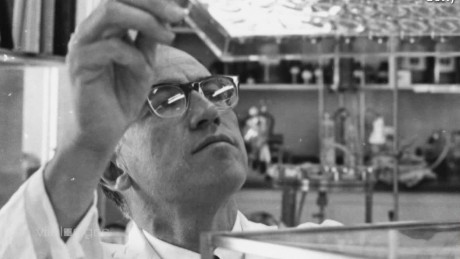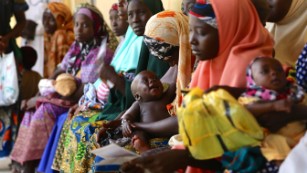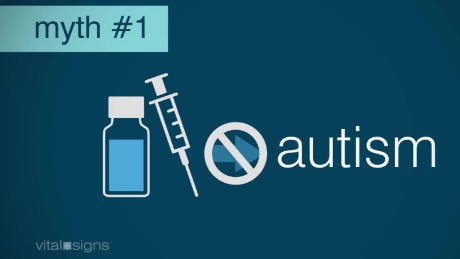
Kano State, Nigeria (CNN)Ahmadu
Kanduwa's home is just two kilometers away from the local clinic in
Nigeria's northern Sumaila district -- two kilometers from the vaccine
that could have prevented his son, Isa, from contradicting polio more
than a year ago. It's something Kanduwa thinks about often.
"I have this thought, if he had received say five or six doses, he would have been immune from this ailment," Kanduwa said.
He says Isa received two of the oral polio vaccinations. Painfully close to the four doses recommended for complete immunity.
In
a district that now has an immunization rate of around 85%, officials
hope Isa's will be Nigeria's last new case of polio. More than a year of
being polio-free highlights how close the country is to a major
milestone. But Isa's case also shows just how difficult polio can be to
fully eradicate.
Standing outside of
the clinic, Kulchumi Hammanyero from the World Health Organization
smiles when she sees the line of mothers with babies in their laps and
immunization cards in their hands, waiting patiently for the vaccine.
But her smile is matched by a heavy dose of caution.
"When
we see there is no more wild polio virus (WPV) and all indicators are
showing us that we have covered the necessary ground, then we can say,
ok, we have reached a certain point. But we are not out of the woods,
not out of the woods at all," Hammanyero said.
For
Hammanyero and her colleagues from government and partner
organizations, eradicating the disease means traveling to the furthest
and hardest to reach corners of Africa's most populated country.
With
coverage rates higher than many places in the world, complacency is now
the campaign's biggest enemy. It will be at least another two years
before Nigeria can be officially certified polio free. Two more years of
complete community and government buy-in needed.
Nigeria
is one of three countries, along with Afghanistan and Pakistan, where
population density and poor sanitation, coupled with insecurity in the
region and threats against healthcare workers, allowed a virus all but
forgotten in most of the world to flourish.
"Better healthcare and better security are absolutely linked," said Gates Foundation CEO Sue Desmond-Hellmann.
The
Gates Foundation has contributed billions toward Nigeria's
polio-eradication campaign, and Rotary International, the U.S. Centers
for Disease Control and Prevention, the WHO and UNICEF have all been
working to end the disease as part of the Global Polio Eradication Initiative.
The last push will be a challenge, Desmond-Hellmann says, but by no means an excuse.
"How
do we work with community leaders, religious leaders, to ensure that we
reach every child, no matter where they are? Because we believe all
lives have equal value," she said.
Nigeria
came close to stamping out polio before. But then in 2003, governors
and religious leaders in the north spoke out against and banned the
vaccine. There were widespread fears it would cause HIV, infertility in
girls, that polio was a Western conspiracy. In just a few short years,
the virus took off once again in Nigeria and was believed to be
transmitted as far away as Indonesia, Yemen, and Sudan.
The
ultimate goal has never been containment, and now Nigeria is once again
on the verge of eradication, in part because the campaign is putting
communities first.
Religious
and government leaders were brought into the fold and important
criticism of the program was revealed. Previously, healthcare workers
offered the polio vaccine for free while other basic healthcare needs
were ignored. So now the teams deployed to the field do more, from
routine immunizations to antenatal care.
Every country is different, but Desmond-Hellmann says Nigeria is becoming a blueprint.
"The hope for an outcome that stops polio and strengthens the healthcare infrastructure is becoming real," she said.
After
leaving the clinic, Hammanyero stops by a busy settlement to show what
going house to house really means. A check mark by the door, written in
chalk indicates every child in the home has been immunized. A simple
sign of progress in a decade-long campaign that's taken billions of
dollars to get to this point.
"It will be a celebration for the world," said Hammanyero. "Everyone is going to celebrate once Nigeria is off the list."



No comments:
Post a Comment